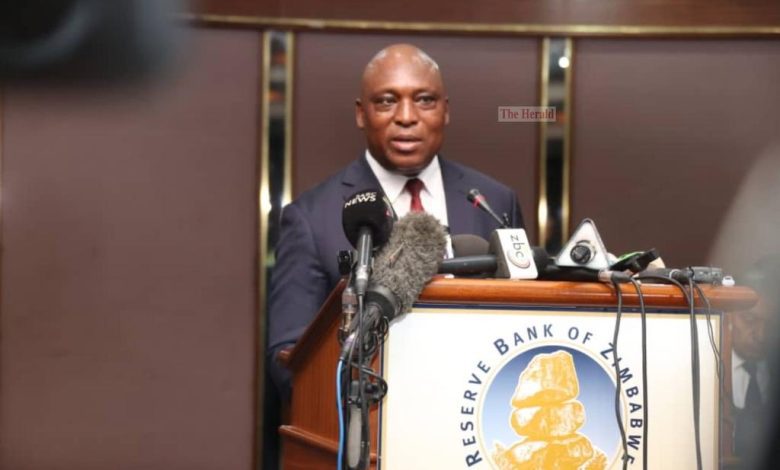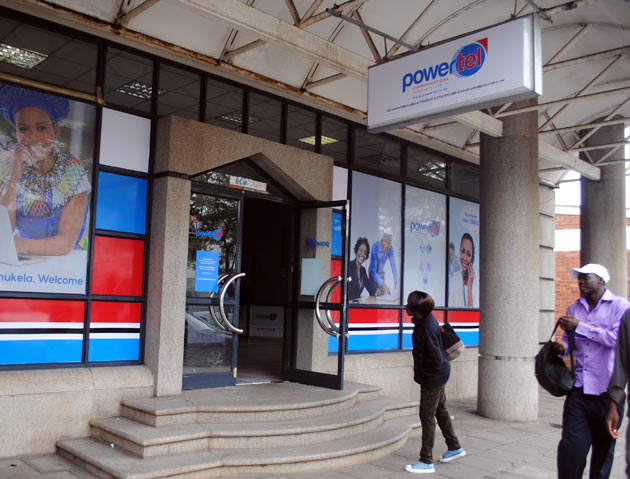Powertel inks US$100m network upgrade deal
PowerTel Communications, a subsidiary of State power utility Zesa Holdings, has signed a Memorandum of Understanding and non-disclosure agreement with Ghanaian company Vobiss Solutions Limited for a US$100 million network upgrade and rural datafication programme.
Vobiss is an open-access, carrier-neutral telecommunication infrastructure and connectivity provider established in 2010, with offices in Ghana, Nigeria, and the United Kingdom.
Over the past five years, Vobiss has been providing cost-effective, timely, and high-reliability connectivity to market segments in Ghana and Nigeria that are growing, grossly underserved and with long lead times.
Mr Willard Nyagwande, Powertel’s acting managing director, said at the signing ceremony that the company had been looking for strategic partners to support its expansion plans and was assisted by Zimbabwe Ambassador to Ghana Kufa Chinoza to secure the investors.
“As we were continuing with our strategy to find partners, we have been assisted by Ambassador Chinoza to find supporters for our rural datafication strategy in line with the Government’s mandate to connect over 8 000 schools, 3 000 clinics, police camps, and army barracks countrywide,” he said.
He said this was in line with a vision for 2028–2030 that aims to achieve a digital economy, especially in rural areas.
“We will ride on the Zimbabwe Electricity Transmission and Distribution Company (ZETDC) infrastructure to connect marginalised schools and clinics, improve smart agriculture, e-health, and e-education, and this will be done through these collaborations,” said Mr Nyagwande.
The two parties have since established a joint technical and commercial team to spearhead the identification of key areas that require attention.
Mr Nyagwande said Vobiss had an extensive network in West Africa and hence would come to explore the rural datafication programme to achieve the strategy goals. Mr Usen Antia, Vobiss chief executive, said that as an open access provider in West Africa, it would bring in technology it uses in Ghana and leverage on the experience not only technically but commercially to ensure that Powertel becomes more profitable.
“There is a gap of about US$100 million that Powertel has been seeking to bridge. We are looking to bring in that US$100 million over the next two years to see how Powertel can grow and increase its footprint, become the biggest player in Zimbabwe, and open up the gateways of fiber networks across the country.
“We will also bring in inexpensive bandwidth from our subsidiary companies, with whom we already have relationships,” he said.
He noted that Powetel had lost its market due to a lack of investment, hence, Vobiss will bring not only finance but technology and commerce so that it becomes a much more profitable organisation.
“We have put together a technical and commercial working team to start identifying areas of low-hanging fruit where we can see quick link impact for the economy and Powertel as well to see where we can bring in low-cost internet services into Zimbabwe.
“More importantly, leveraging our experience in rural connectivity, everywhere the optical ground wire (OPGW) passes, we are able to provide internet services to rural communities and help the digitisation of the rural areas,” said Mr Antia.
Ambassador Chinoza said President Mnangagwa told ambassadors to look for investors to invest in Zimbabwe.
“In this case, I looked for these investors to come and invest in Powertel. I invited them because I have seen what they are doing in West Africa to digitalise rural areas.
“I am going to look at all economic sectors, such as agriculture, mining, and tourism while pushing to enhance bilateral relations with Ghana for more collaborations,” he said.
He said this was the second investment he has brought to Zimbabwe, having brought some investors to the Grain Marketing Board (GMB) last year for an agro-processing deal with GMB.
Powertel is the first company to connect through Seacom, which is a submarine cable operator with a network of submarine and terrestrial high-speed fiber-optic cable that serves the east and west coasts of Africa. Seacom’s reach extends to and from Europe, India, and Asia.
The Zesa subsidiary is responsible for telecommunications infrastructure development, virtual private networking, high-speed internet provision, the provision of the most affordable voice service, call center facilities, and pre-paid electricity aggregation.
The organisation is moving with the mantra “deployment and implementation” with a view to improving its market share in the internet access provider sector through increasing network capacity utilisation.-herald











